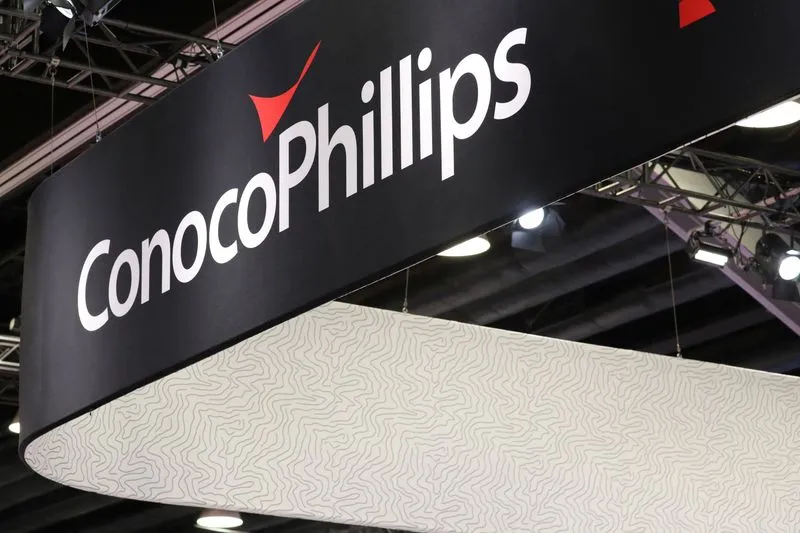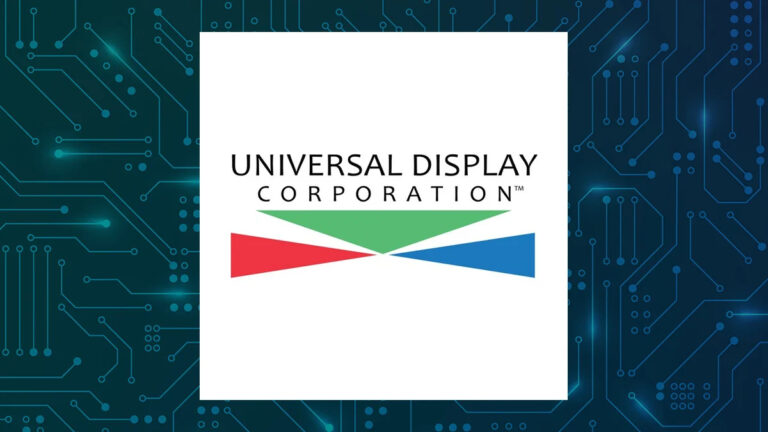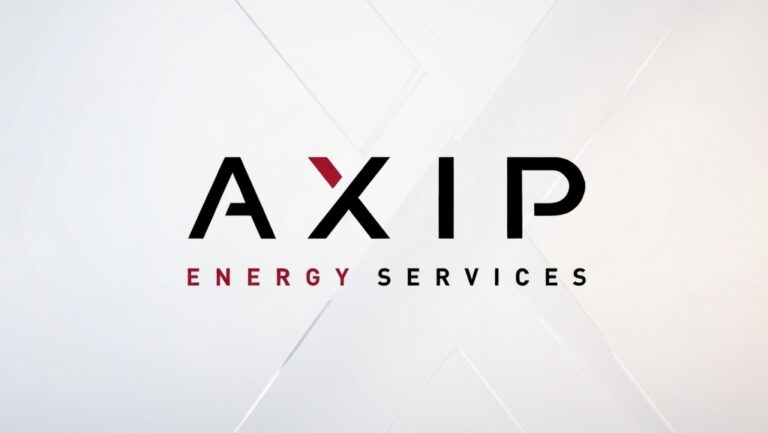
ConocoPhillips Gains Exemptive Relief for Canadian Filings
ConocoPhillips (the “Company”) has announced a significant regulatory milestone, confirming that it has received exemptive relief from applicable Canadian securities regulatory authorities regarding future filing requirements. This development marks an important step for the Company following its acquisition of Marathon Oil Corporation in November 2024, an acquisition that inadvertently resulted in the Company becoming a reporting issuer under Canadian securities laws.
Background: ConocoPhillips and the Canadian Securities Landscape
The acquisition of Marathon Oil Corporation expanded ConocoPhillips’ footprint, bringing additional reporting obligations under Canadian securities laws. Due to the structure of the acquisition, the Company was automatically subjected to Canada’s continuous disclosure requirements and other reporting obligations. This included compliance with specific regulatory frameworks designed to ensure transparency and disclosure in the oil and gas industry. However, ConocoPhillips sought relief from these requirements, citing its extensive compliance with equivalent U.S. regulatory standards.
Details of the Exemptive Relief Decision
Applicable Canadian securities regulatory authorities have now issued a decision document (the “Decision”) that grants ConocoPhillips exemptive relief from the obligations contained in Canada’s National Instrument 51-101: Standards of Disclosure for Oil and Gas Activities (“NI 51-101”). This decision relieves the Company from having to comply with the unique Canadian standards of NI 51-101 and the associated Canadian Oil and Gas Evaluation Handbook (COGEH).
As a result of this relief, ConocoPhillips will no longer be required to file Form 51-101F1, which outlines reserves data and other oil and gas information as part of its annual disclosure filings in Canada. Instead, the Company will be permitted to satisfy disclosure requirements by complying with U.S. standards, as defined by the U.S. Securities and Exchange Commission (“SEC”), the Securities Act of 1933, the Securities Exchange Act of 1934, the Sarbanes-Oxley Act of 2002, and the New York Stock Exchange (NYSE) rules.
Significance of the Exemption
For ConocoPhillips, this decision represents a streamlining of regulatory obligations that aligns with its operational and compliance framework. The exemption allows the Company to focus on adhering to its existing U.S. reporting obligations rather than navigating a parallel reporting structure in Canada.
The decision to grant the exemption was based on several key considerations:
- Existing Compliance with Stringent U.S. Regulations: ConocoPhillips is already subject to a robust regulatory framework under U.S. securities laws, which ensures that investors receive comprehensive and transparent disclosures. The SEC has well-established disclosure requirements governing oil and gas reserves, financial reporting, and corporate governance, making compliance with additional Canadian-specific standards redundant.
- Regulatory Harmonization: The decision reflects a recognition that U.S. regulatory standards provide an equivalent level of transparency and investor protection. Given the global nature of energy markets and cross-border investments, the harmonization of disclosure requirements between jurisdictions benefits both companies and investors.
- Operational Efficiency: Compliance with multiple regulatory regimes requires significant administrative resources. By allowing ConocoPhillips to adhere to U.S. standards exclusively, the Company can optimize its reporting processes without compromising disclosure quality.
- Investor Access to Information: Although the Company is not required to file Canadian-specific forms, the Decision mandates that all oil and gas disclosures made in accordance with U.S. regulations be filed with the Canadian securities regulatory authorities on www.sedarplus.ca. This ensures continued transparency and accessibility for Canadian investors.
Implications for the Energy Industry
The exemptive relief granted to ConocoPhillips has broader implications for the energy sector, particularly for multinational corporations operating in multiple jurisdictions. This decision could set a precedent for other U.S.-based energy firms acquiring Canadian assets or merging with Canadian entities. If companies can demonstrate equivalent or superior compliance with SEC regulations, they may also seek similar exemptions, reducing duplication of reporting requirements.

Moreover, this development highlights the evolving nature of securities regulation in the energy industry. With increased globalization, regulators may continue to explore ways to harmonize reporting requirements across jurisdictions, reducing administrative burdens while maintaining investor protections.
Investor Perspective and Market Response
From an investor standpoint, the exemption is unlikely to have a material impact on access to critical information regarding ConocoPhillips’ operations. U.S. regulatory filings provide detailed insights into the Company’s reserves, financial performance, and strategic outlook, ensuring that Canadian investors remain well-informed.
Market analysts generally view the decision favorably, as it eliminates redundant reporting obligations without compromising transparency. Streamlining compliance processes can lead to cost savings, which may positively impact shareholder value. Additionally, aligning with SEC disclosure standards ensures consistency in reporting, making it easier for investors to compare ConocoPhillips’ performance with that of its industry peers.
Future Considerations
While ConocoPhillips has secured this exemption, the Company must continue to meet the conditions outlined in the Decision to maintain its exempt status. These conditions include ongoing compliance with U.S. disclosure requirements and timely filing of relevant information on the Canadian securities regulatory platform. Any failure to meet these conditions could result in a reassessment of the exemption.
Additionally, regulatory environments are subject to change. Future amendments to Canadian securities laws or shifts in the approach of securities regulators could impact the scope of exemptions granted to companies in similar situations. ConocoPhillips and other multinational energy firms will need to remain vigilant and adaptable to evolving regulatory landscapes.
The granting of exemptive relief to ConocoPhillips by Canadian securities regulators is a significant development that simplifies the Company’s compliance obligations while ensuring continued transparency for investors. By allowing ConocoPhillips to adhere to SEC disclosure standards rather than duplicating compliance efforts under Canadian regulations, the Decision reflects a pragmatic approach to securities oversight.
This decision benefits both the Company and its investors by reducing administrative burdens, maintaining strong disclosure practices, and aligning reporting standards with those of global financial markets. Moving forward, this exemption may serve as a reference point for other companies navigating similar regulatory challenges in cross-border mergers and acquisitions.










